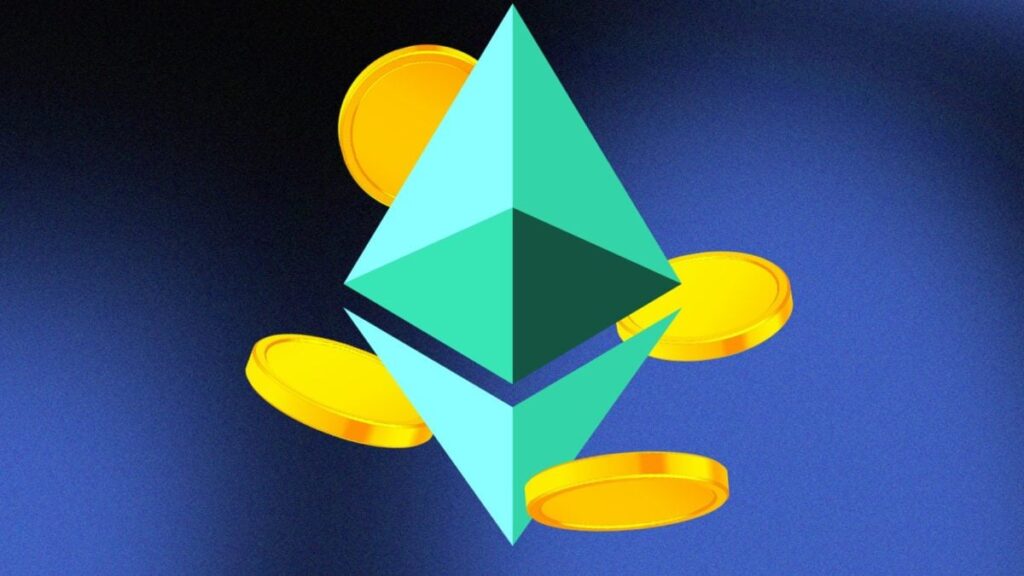FG Nexus’ Strategic Moves in Ethereum: A Dive into the Crypto Landscape
In a recent turn of events, Nasdaq-listed FG Nexus (formerly known as Fundamental Global Inc.) has shifted its strategy regarding Ethereum (ETH). Initially, the company expressed ambitions to raise up to $5 billion to become the “world’s largest corporate holder” of ETH. However, on Thursday, FG Nexus disclosed that it has opted to sell a significant portion of its cryptocurrency holdings—specifically, 10,922 ETH, valued at over $32 million. This decision aims to propel their share buyback plan, illustrating the dynamic nature of corporate strategies in the ever-evolving cryptocurrency market.
After filing a $5 billion shelf registration statement with the Securities and Exchange Commission (SEC) in August, FG Nexus became an intriguing player in the ETH landscape. The company’s strategy underscores the volatility and potential of cryptocurrencies in corporate finance. By selling off a chunk of their Ethereum holdings, FG Nexus intends to repurchase its own common shares, an action designed to bolster shareholder value amidst fluctuating stock prices. Such strategic buybacks can often lead to an increase in the value of remaining shares, positioning the company favorably in a competitive market.
FG Nexus’ move is not isolated; similar actions were observed within the industry. For instance, Ethereum DAT (Decentralized Autonomous Token) entity ETHZilla recently sold around $40 million worth of its ether holdings for share repurchase activities. This has sparked discussions on whether decentralization entities, originally formed to hold and manage digital assets, might begin offloading these holdings for corporate maneuvers. Despite these moves raising eyebrows, many venture capital firms suggest this trend of asset liquidation may not be widespread, as it could undermine the fundamental purpose of these organizations.
The buyback initiative underscores FG Nexus’ commitment to enhancing shareholder value. Chairman and CEO Kyle Cerminara noted that since initiating the buyback, the company has repurchased approximately 8% of its outstanding shares at a significant discount to its net asset value (NAV). The firm maintains a robust ETH and cash balance, creating a favorable situation to pursue further buybacks while the stock continues to trade below its NAV. This strategic buying helps improve the per-share valuation metrics, as fewer shares in circulation typically lead to a higher value per share for remaining stakeholders.
Market dynamics are undoubtedly shifting, evidenced by commentary from various investors and analysts. In September, many suggested that the enthusiasm surrounding funding rounds in the DAT space had peaked, particularly with many DAOs trading at or below their NAV. This trend indicates a potentially ripe environment for consolidation within the DAT sector, as firms reevaluate their strategies in response to market conditions. The evolving landscape could lead to significant industry restructuring, influencing how companies engage with digital assets in the future.
As part of its current holdings, FG Nexus stated that it now possesses 40,005 Ethereum, worth approximately $120 million. In contrast, Bitmine Immersion Tech has emerged as the world’s largest Ethereum DAT with over 3 million ETH in its reserves. As companies navigate this volatile landscape, they must balance the pursuit of growth and innovation with prudent financial management strategies. FG Nexus’ recent actions serve as a case study in the ongoing interplay between corporate finance and the burgeoning world of cryptocurrency.
In conclusion, FG Nexus’ decisions signal an important moment in the cryptocurrency sector, demonstrating how corporate strategies are increasingly interwoven with digital assets. The company’s shift from expansion ambitions to proactive financial maneuvers, coupled with industry-wide trends, invites closer scrutiny of the evolving relationship between traditional finance and digital currencies. As this market matures, the implications for valuation, investment strategies, and corporate governance will continue to unfold, offering valuable insights for investors and enterprises alike.


